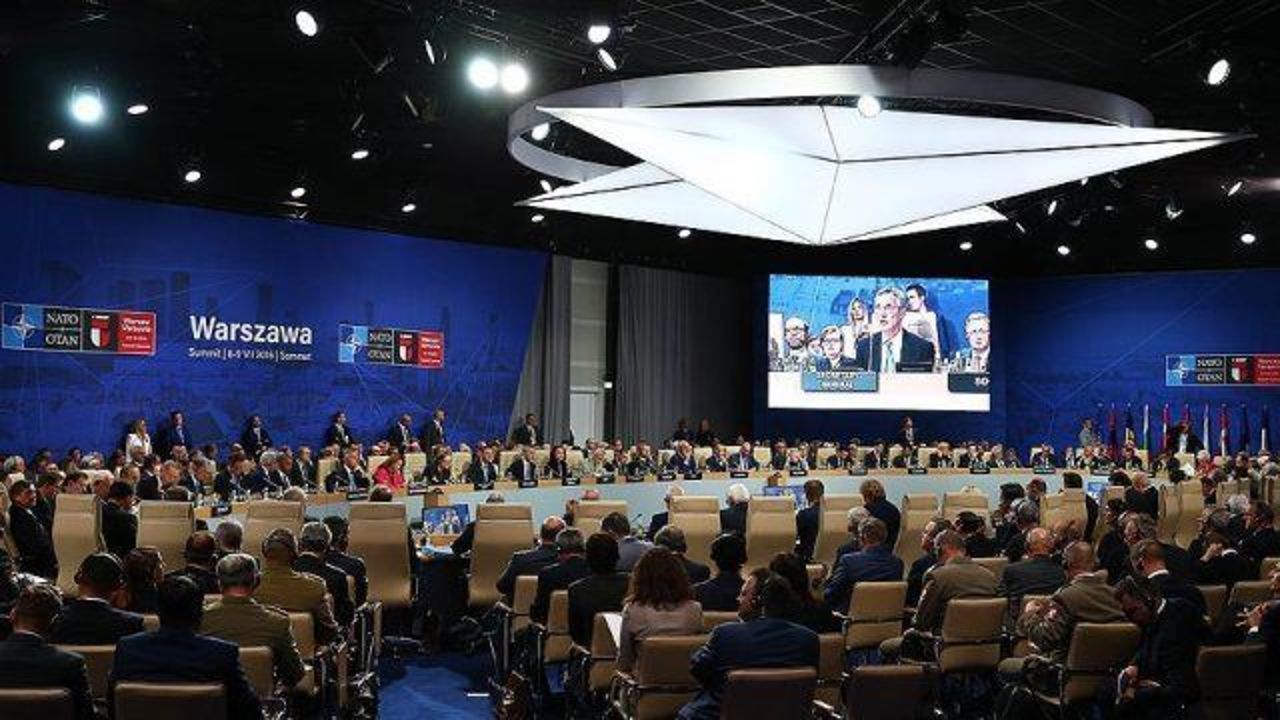NATO to discuss possible larger Black Sea presence
NATO will discuss a possible larger Black Sea presence in October amid worries over a more assertive Russia, the alliance’s Secretary General Jens Stoltenberg said on Friday.

Addressing reporters on the first day of a two-day NATO summit in Warsaw, Stoltenberg said that several member states raised the need for an enhanced military presence in the Black Sea region.
“We decided to ask our military planners to provide advice for our defense ministers in October, to look into whether we can or how we can increase our presence not only on land… but also in the air and at sea,” he said.
“We will be more concrete about that at our defense ministerial meeting in October,” he added.
NATO leaders agreed on Friday to station multinational troops in four member states – Poland, Estonia, Latvia, and Lithuania – as a reassurance measure.
Deployments in Eastern Europe
Stoltenberg said four battalions would be deployed in these countries on a rotational basis.
“These battalions will be robust and multinational. They demonstrate the strength of the transatlantic bond. And they make clear that an attack on one ally would be considered an attack on the whole alliance,” he stressed.
The NATO chief announced that the battalions will be in place starting next year, with Canada leading the battalion in Latvia and the United Kingdom leading the forces in Estonia.
Stoltenberg said Germany will lead the multinational battalion to be stationed in Lithuania, and the United States will be the leading nation making the major contribution to the forces in Poland.
Eastern European countries have long called for a stronger NATO presence in their countries amid fears of a more assertive Russia.
Ballistic missile system
The secretary general also announced that a major project of the alliance, Ballistic Missile Defense (BMD), was declared by the leaders on Friday as an “initial operational capability.”
“This means that the US ships based in Spain, the radar in Turkey, and the interceptor site in Romania are now able to work together under NATO command and NATO control,” he said.
Stoltenberg emphasized that the system would be “entirely defensive” and would represent no threat to Russia’s strategic nuclear deterrent.
The chief diplomat also expressed willingness to develop a constructive dialogue with Russia.
“NATO poses no threat to any country. We do not want a new Cold War. We do not want a new arms race. And we do not seek confrontation,” he said.
“As we strengthen our deterrence and defense, we continue to seek a constructive dialogue with Russia,” he added.
Stoltenberg said he will convene a new meeting of the NATO-Russia Council next week to inform Russia of the decisions taken at the Warsaw summit.
NATO-Russia relations soured further following Russia’s annexation of Crimea in March 2014 and its support for separatists in eastern Ukraine.
The UN General Assembly voted almost unanimously to proclaim the annexation illegal.
Along with many UN countries, including the U.S. and the EU, Turkey does not recognize Crimea as Russian territory.
Anadolu Agency







